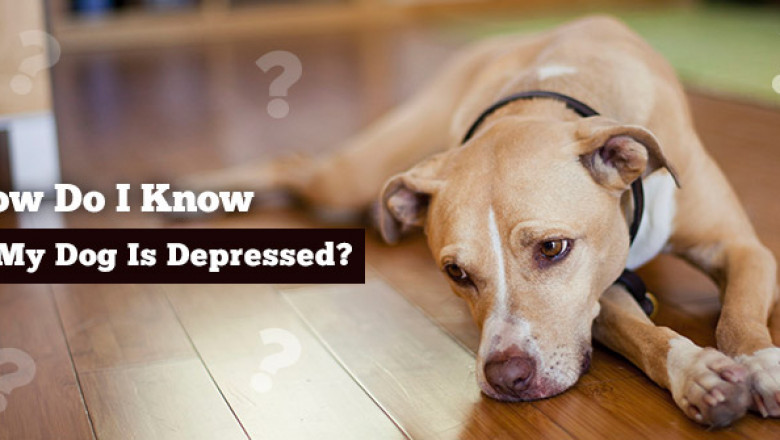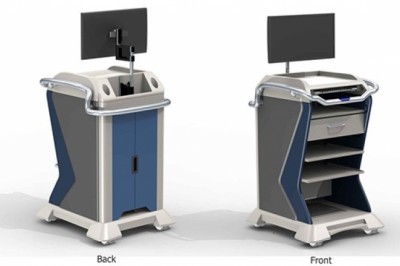1,079
views
views

Depression, as we understand, is a continued state of sadness. Sometimes, it may also lead to a loss of interest in usual activities. But can dogs feel the same? 340gm Online at best price with FREE SHIPPING at VetSupply
Dogs, just like humans, may be stressed, depressed, or sad. These negative feelings may also lead to behavioral issues and other health problems.
Be vigilant about your dog’s feelings by recognizing the early signs of depression and saving them from falling into this dark phase.
Causes of Depression in Dogs
Knowing the cause of a dog’s stress is as important as recognizing its signs. Here are the reasons that may cause mental health issues in dogs.
- Changes in your dog’s routine
- Addition of a new family member/pet
- Death of a family member
- Moving into a new house
- Reduction in physical activities
- Lack of mental stimulation
- Loud noises
- Chronic pain/illness
- Isolation after surgery
- Trauma
- Large group gatherings
- Environmental conditions
- Prolonged conditions of anxiety
- Genetics
Signs that Your Dog is Depressed
- Changes in appetite: We all have been through situations where we do not want to eat our favorite food on the days we are sad. If your dog is losing interest in his favorite treats and meals, it’s important to get your dog checked by a vet.
- Inactivity or withdrawal: If your dog is not excited about his walks anymore or is sleeping most of the time, it is possible that they are depressed. If such a scenario continues for more than a week, get your pooch checked for the underlying condition.
- Flattening of the ears: If your dog’s ears are pulled back or pinned, stress and anxiety might be to blame. Dogs generally flatten their ears against their heads when they are afraid or anxious.
- Increased vocalization: Whining, howling, and excessive barking may suggest that your furry friend has got the blues. Dogs instinctively use these noises to communicate, and it might be a way of crying out the pain.
- Sudden aggression: If your dog has always been aggressive, depression shouldn’t be your first assumption, but a sweet dog that suddenly snaps could be trying to tell you something’s wrong.
- Compulsive behavior: It assists a dog in coping with stressors like isolation and insufficient exercise. Tail chasing, tail spinning, excessive licking, and flank sucking are examples of other compulsive activities.
- Trembling and shaking: Feelings of melancholy may result in shaking and trembling. However, it may also be due to an underlying condition. So, consult your veterinarian to confirm the cause.
While dogs can’t communicate their feelings with us, these behavior changes help us gauge their feelings. If your dog is depressed, a little love and extra attention from you can surely cheer them up! However, do not hesitate to talk to your vet if the condition persists.












